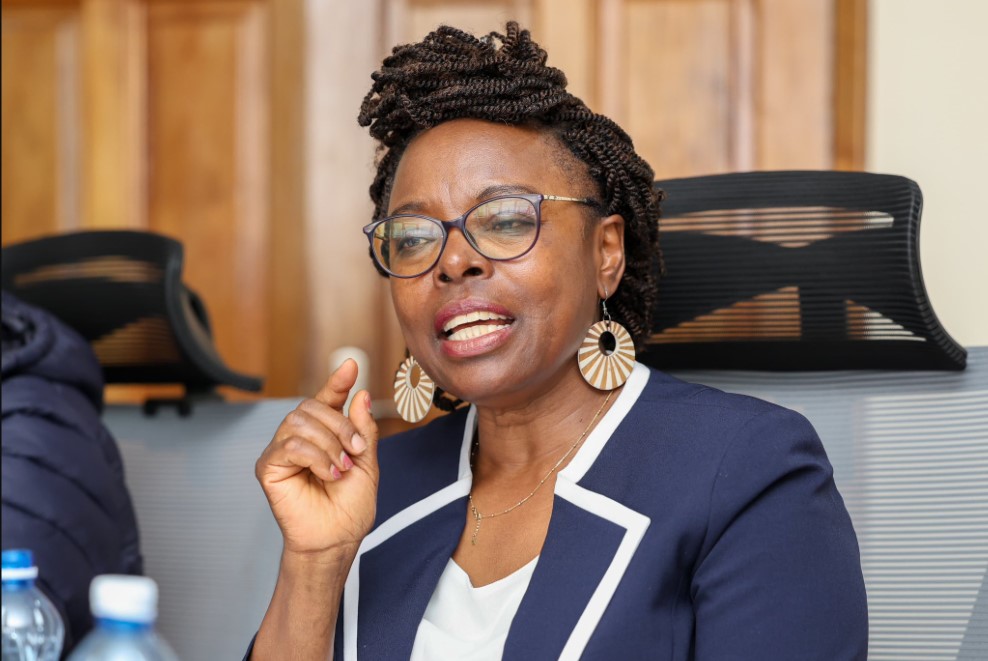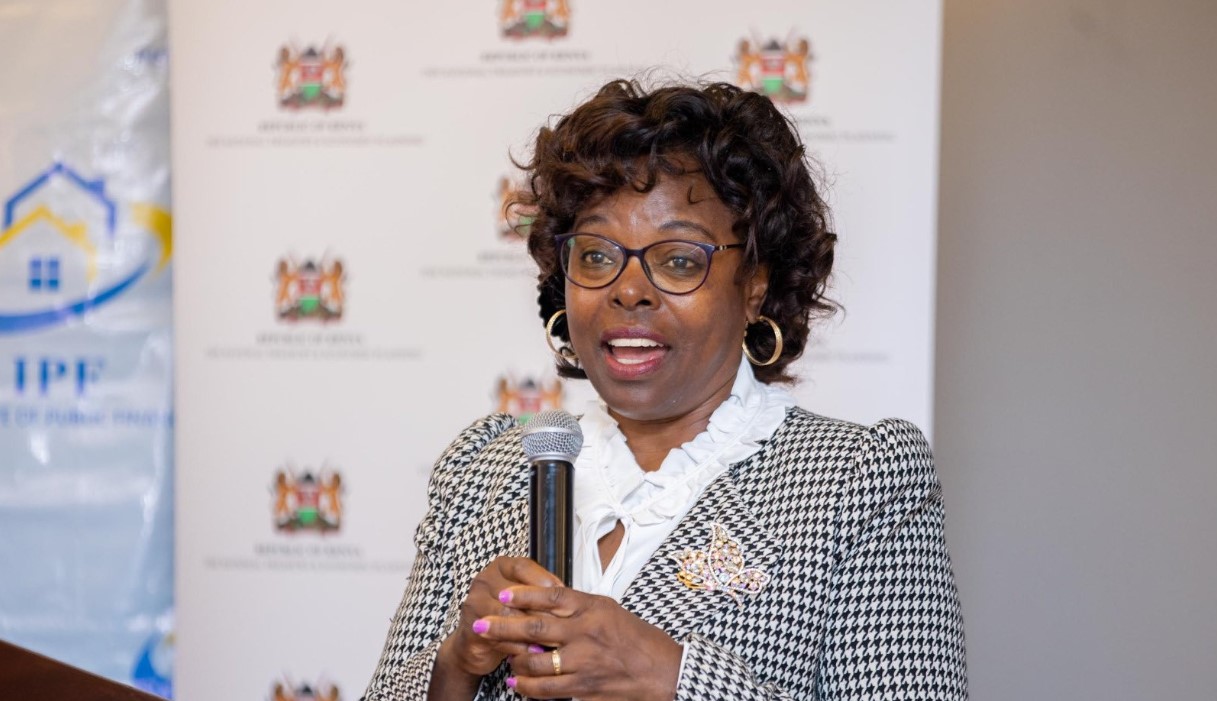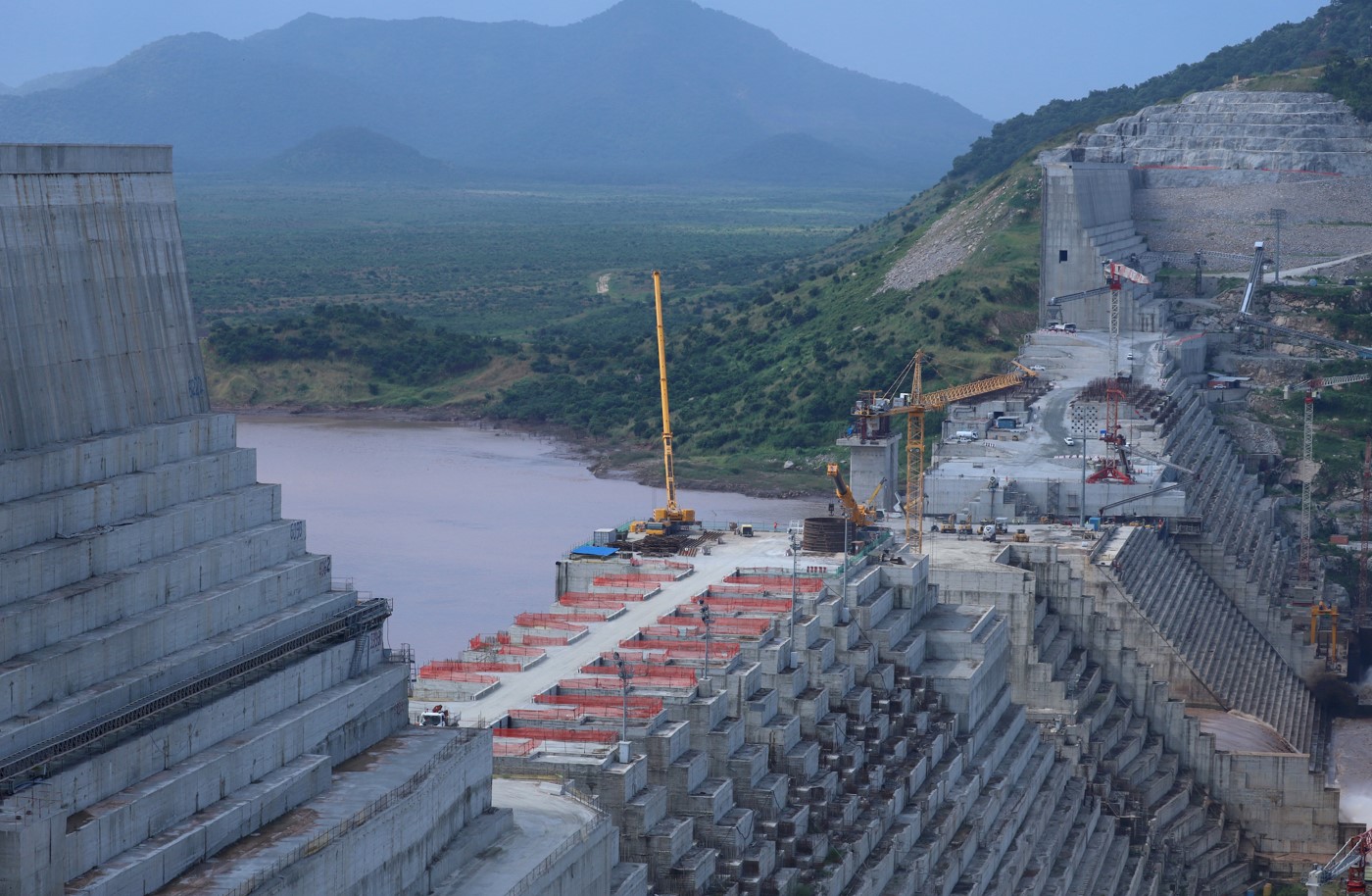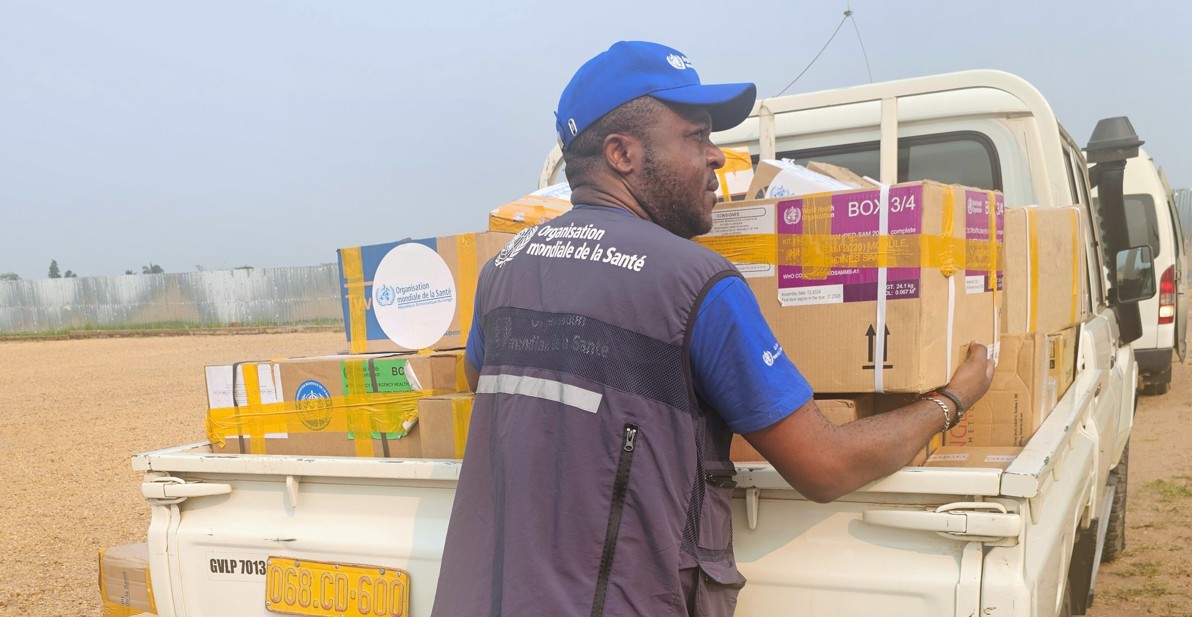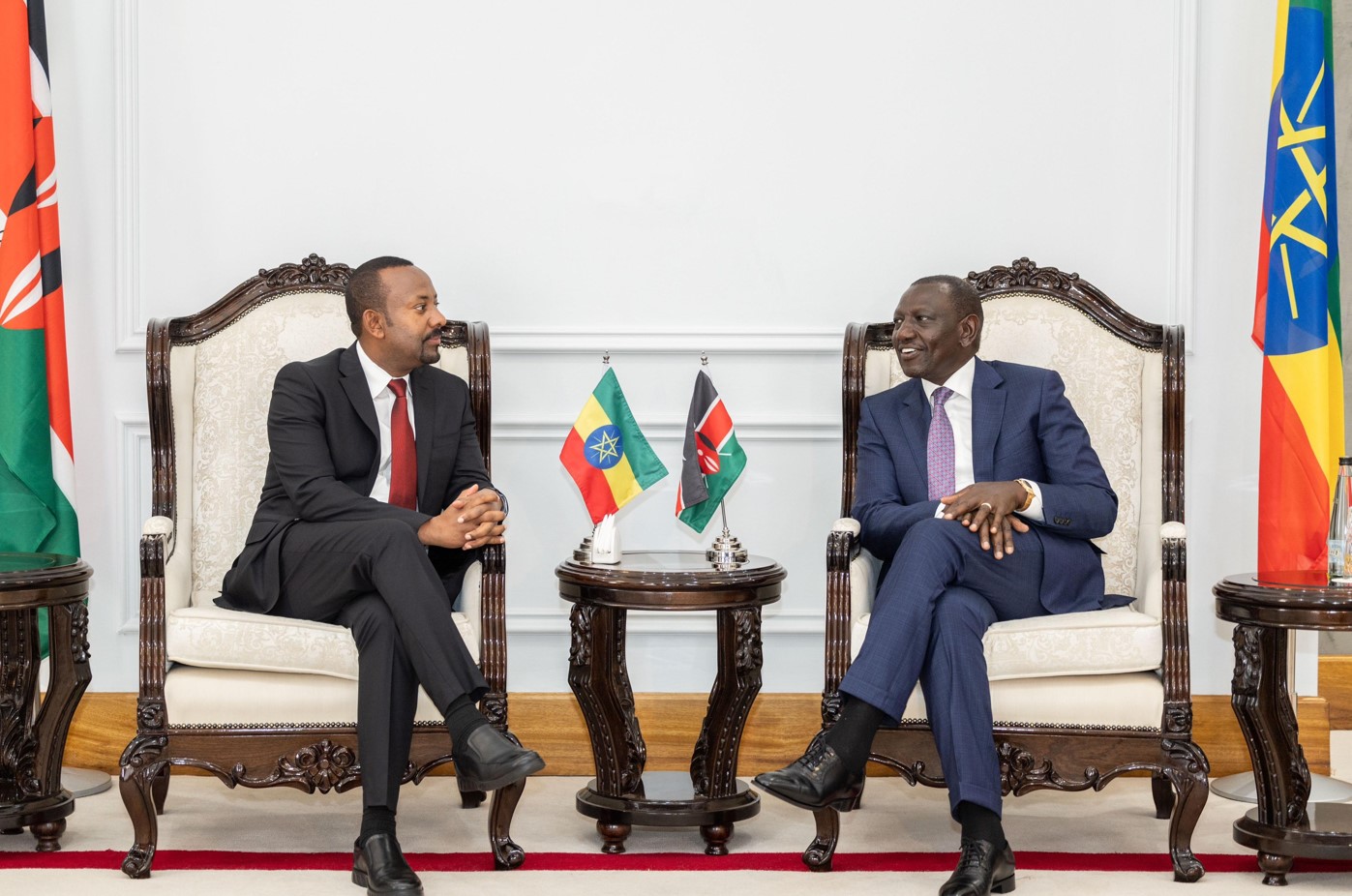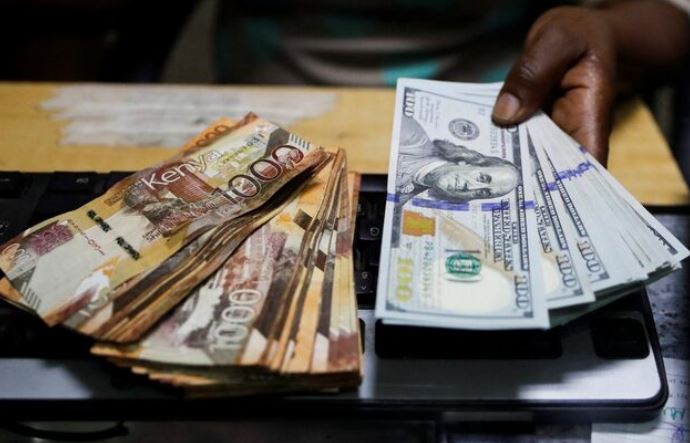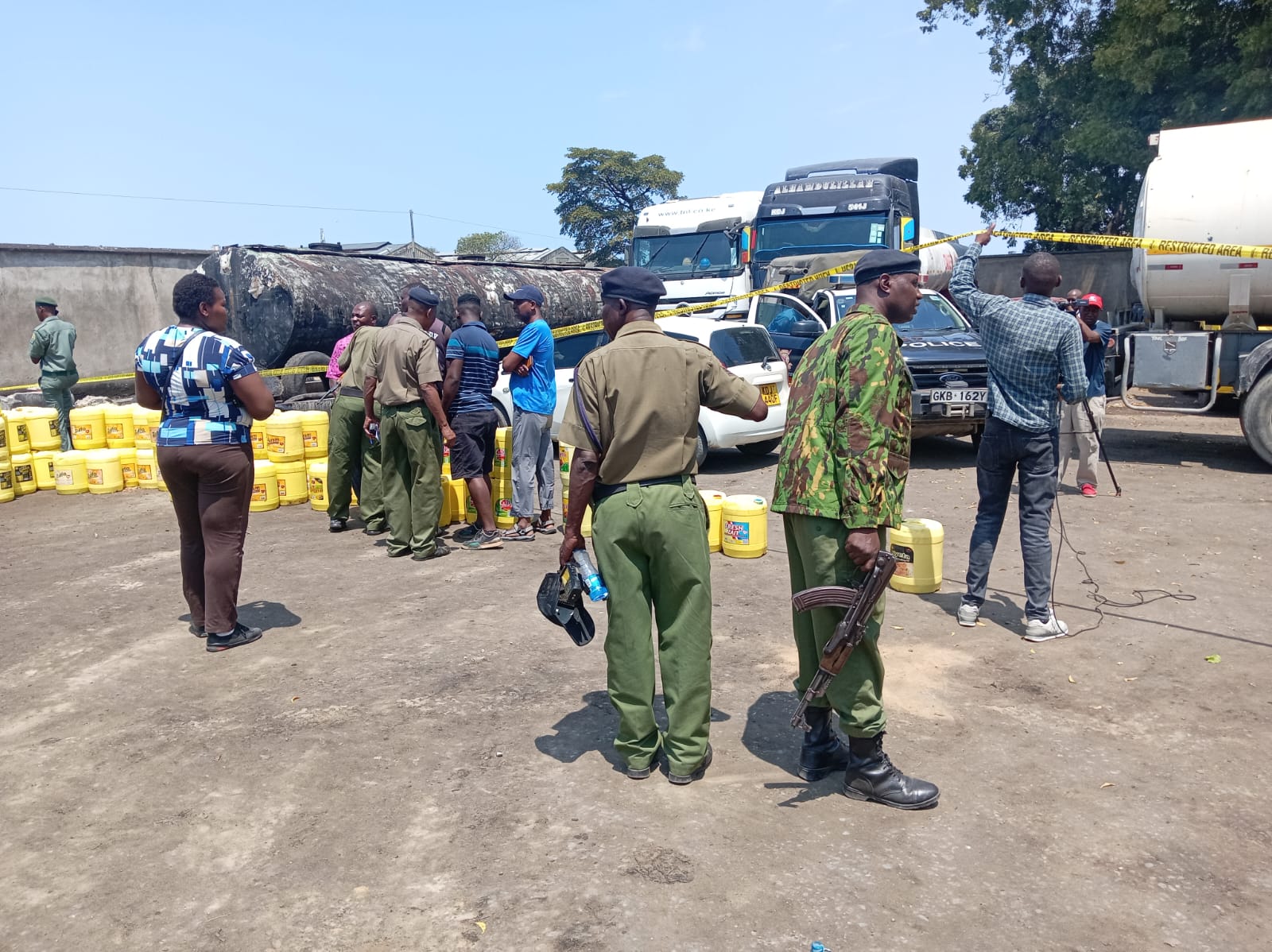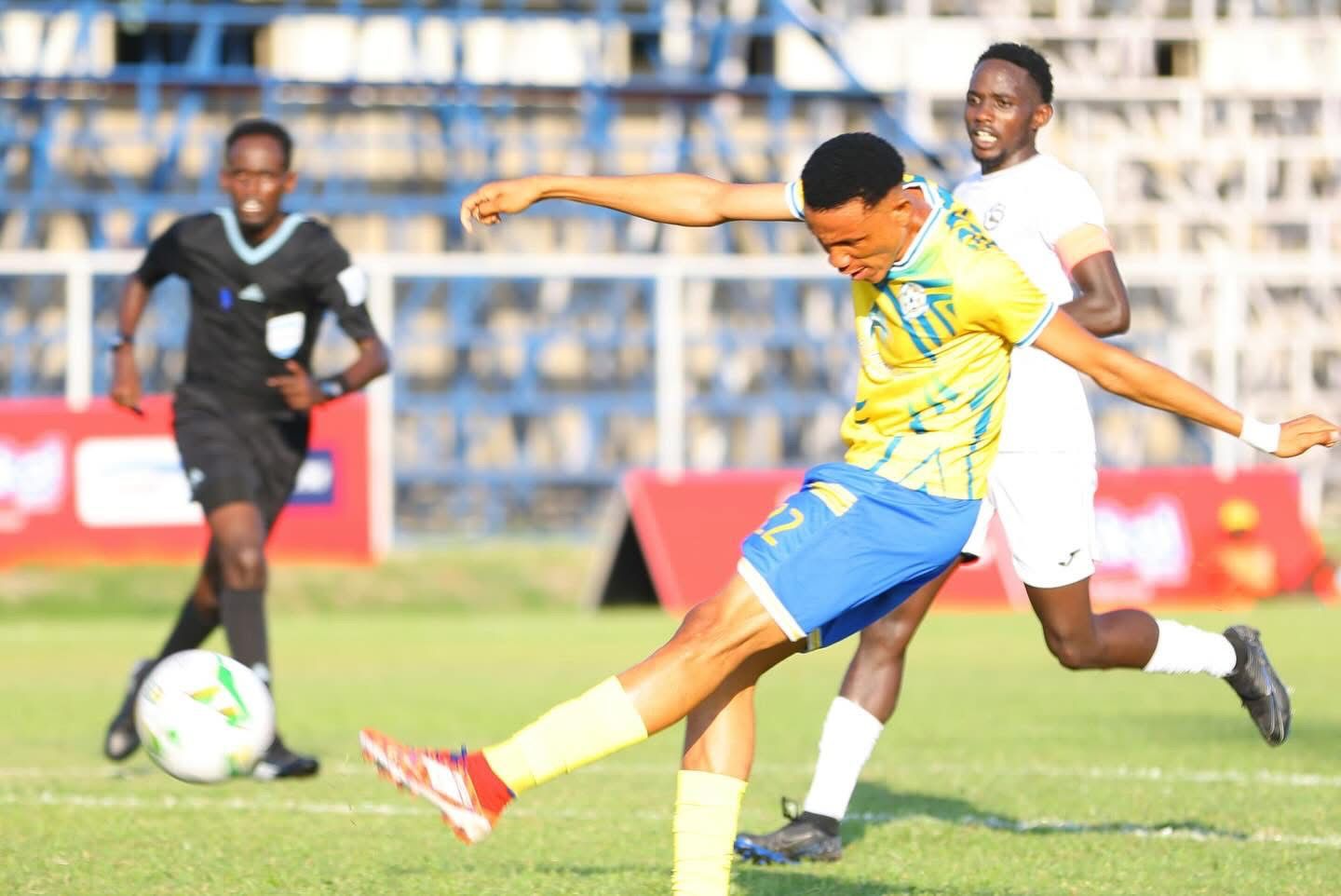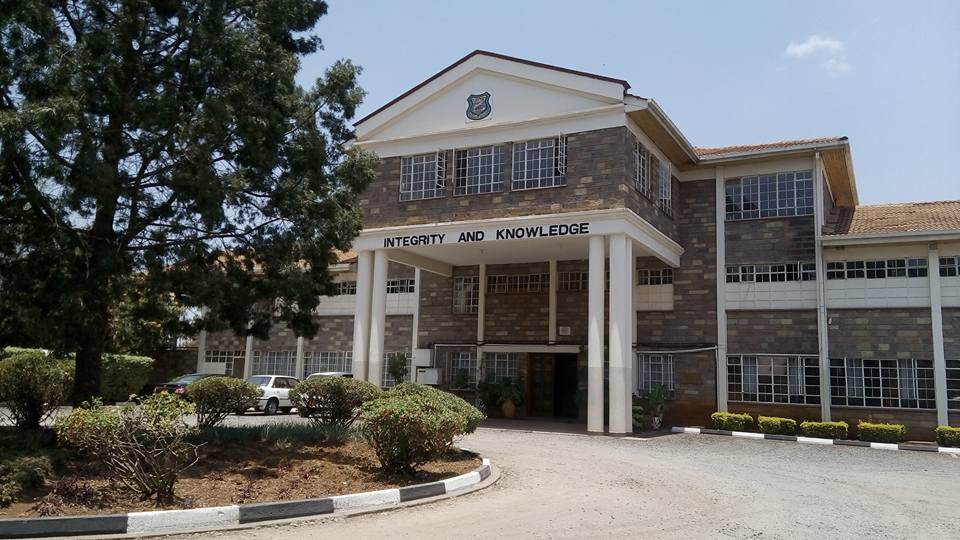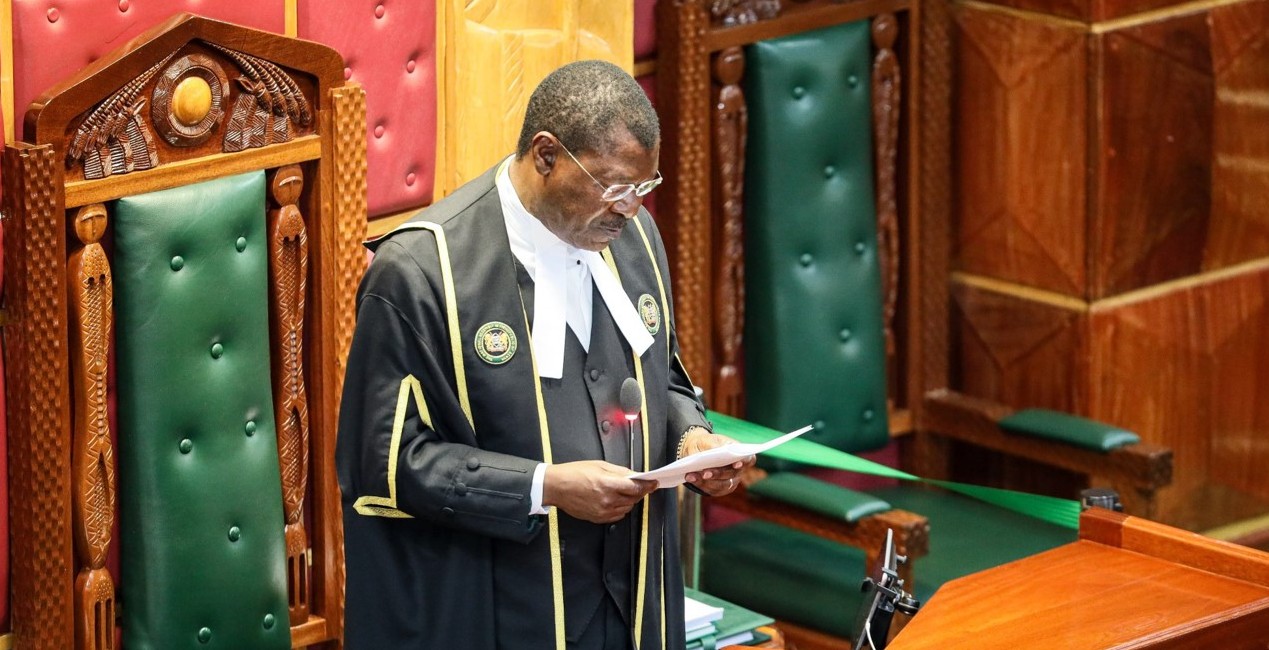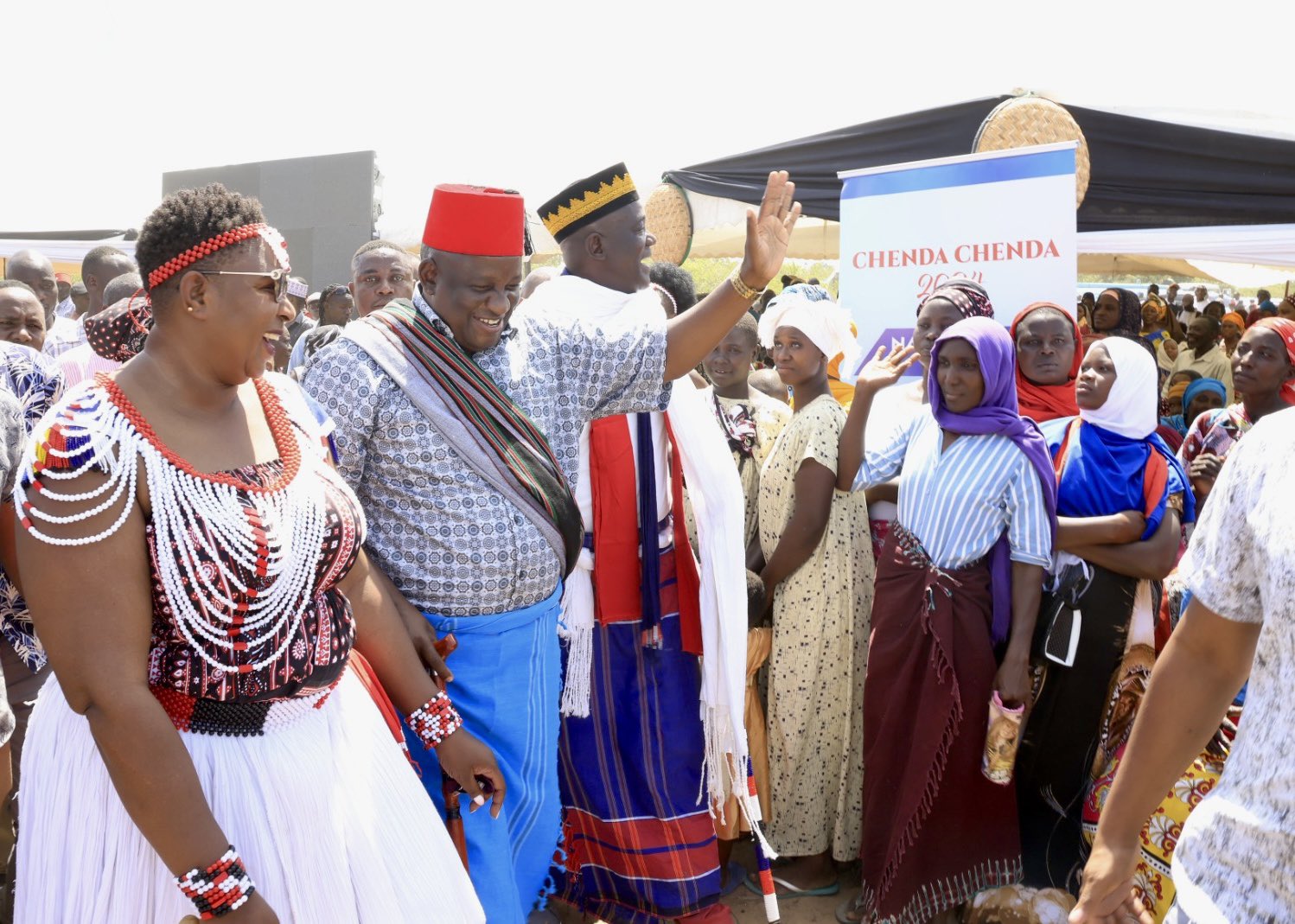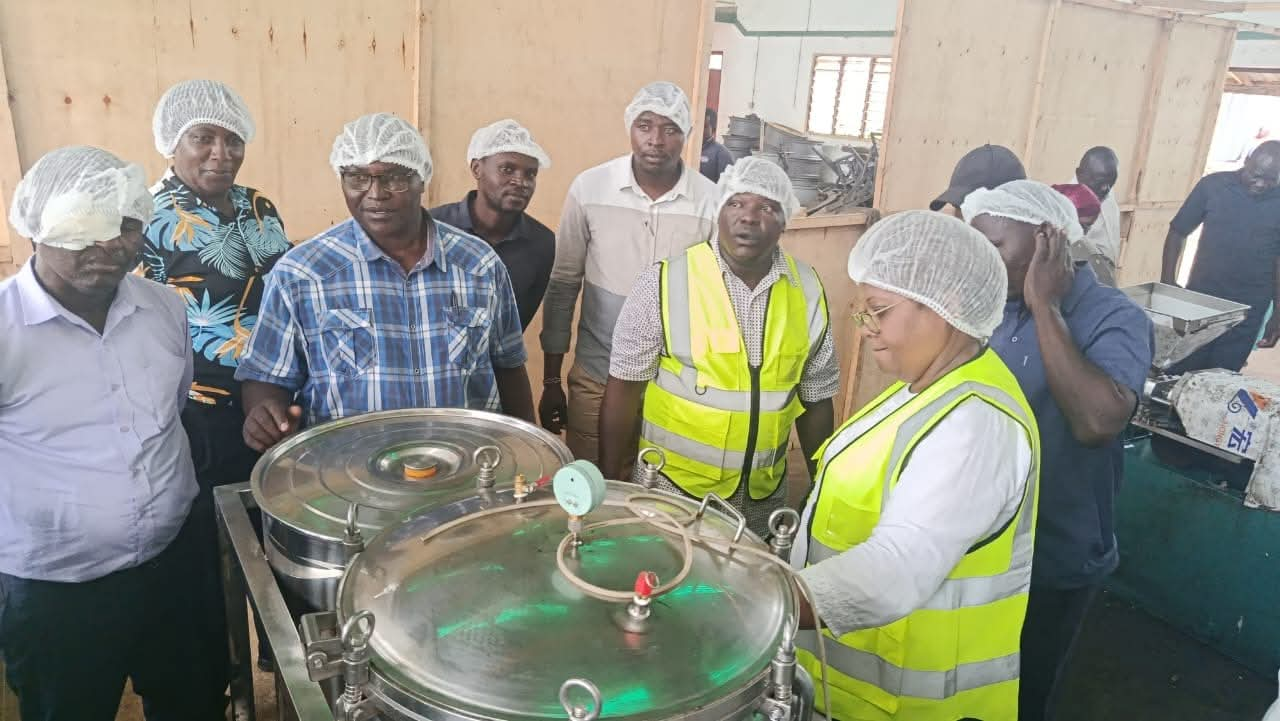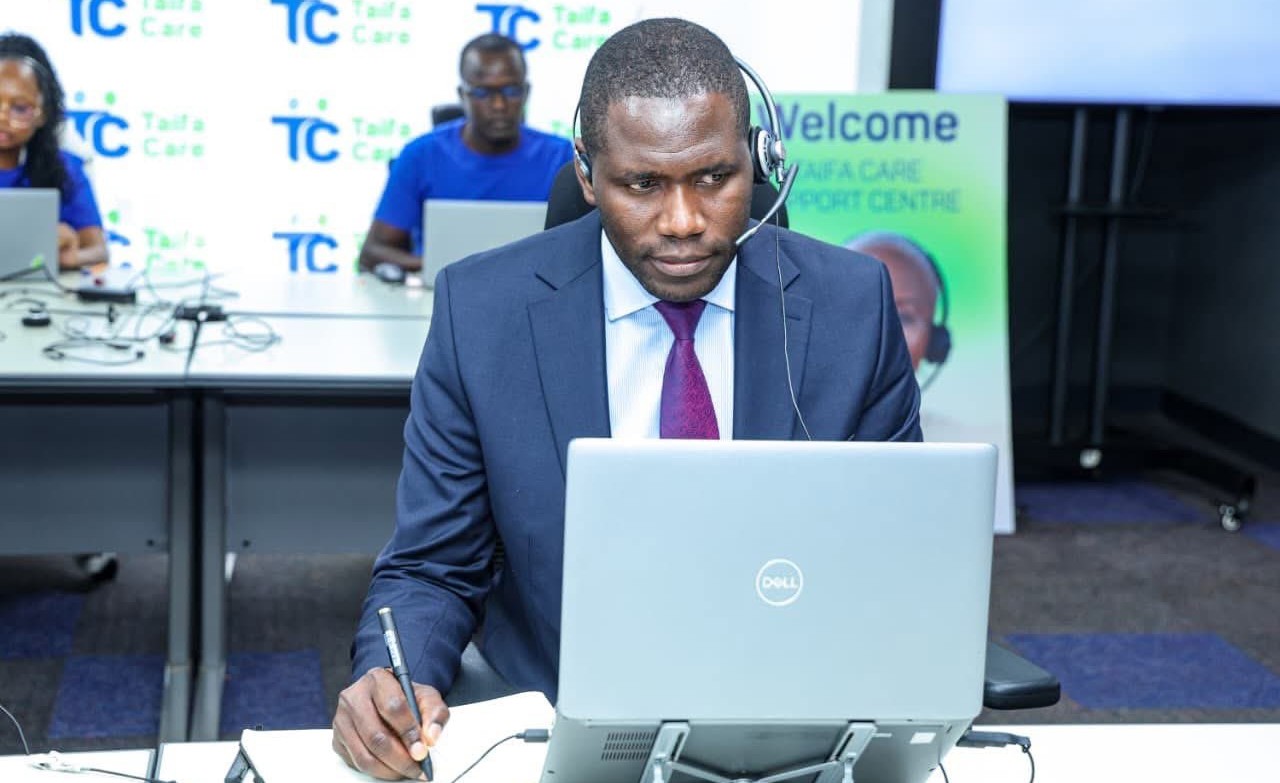Kenya joins early recipients of Mpox vaccine in Africa
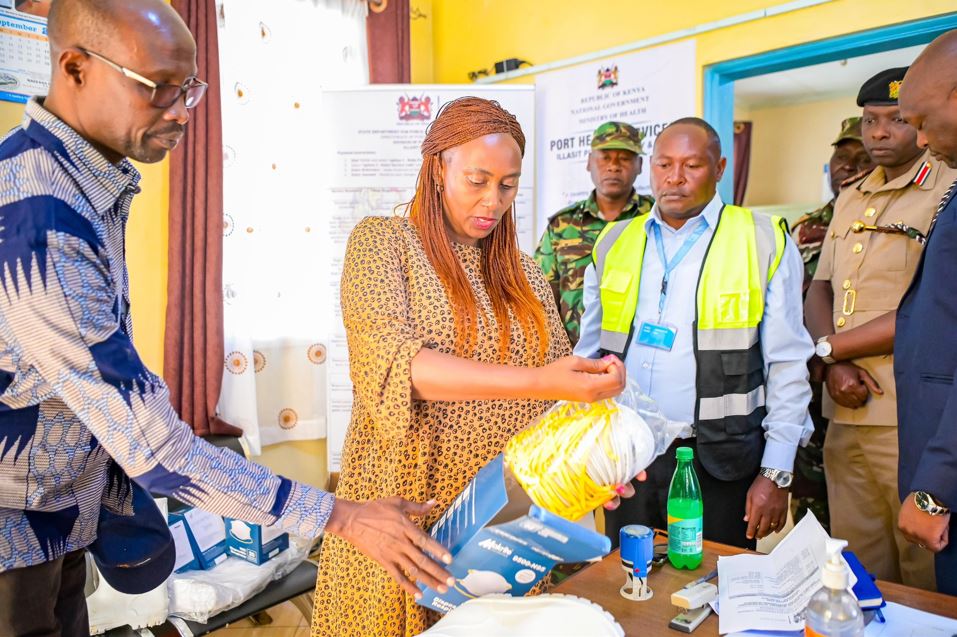
This allocation is part of a donation from Gavi, the European Union, and the United States, who provided a total of 899,000 doses to nine African countries, including Kenya.
Kenya is set to be among the first African countries to receive thousands of Mpox vaccine doses, with vaccination expected to begin later in November or December.
This allocation is part of a donation from Gavi, the European Union, and the United States, who provided a total of 899,000 doses to nine African countries, including Kenya.
More To Read
- Mombasa County's mpox cases rise to 182 as health authorities activate emergency operations
- Kenya battles rising mpox infections as WHO lifts global emergency
- Mpox deaths near 2,000 in Africa since 2024 amid recent decline in cases: Africa CDC
- Health authorities launch 10-day mpox vaccination drive at Malaba border
- Long-distance drivers decry being forced to take Mpox vaccine, demand voluntary participation
- Mpox outbreak: What you need to know to stay safe
Other countries receiving the vaccines are Uganda, Rwanda, the Democratic Republic of the Congo (DRC), Central African Republic, Côte d'Ivoire, Liberia, Nigeria, and South Africa.
The distribution of doses will follow the Access and Allocation Mechanism (AAM) established by the World Health Organization (WHO), which determines each country's share based on need and readiness.
For most African countries, this rollout marks the first large-scale Mpox vaccination effort, requiring additional resources and planning to ensure a targeted and effective response.
WHO revealed that the DRC, the most affected African nation, will receive the largest portion of the vaccines (764,150 doses), or 85 per cent of the allocation since it accounts for four out of every five laboratory-confirmed cases in Africa this year.
Further allocations are expected before the end of the year.
A WHO statement highlighted that the selected countries were chosen based on epidemiological data and their readiness to implement vaccination efforts.
Vaccination is part of a broader response strategy that includes timely testing and diagnosis, clinical care, infection prevention, and engaging with affected communities.
In Kenya, the Ministry of Health (MoH) has confirmed 17 Mpox cases and one death to date. Last week, three new cases were identified in Mombasa, Nakuru, and Nairobi counties.
The ministry is monitoring 83 contacts, 78 of whom have completed the recommended 21-day follow-up.
Among these, three contacts tested positive, while two remain under active monitoring.
Response
Kenya's MoH established a National Taskforce on Mpox and Marburg Virus Disease on September 9, 2024, to coordinate a comprehensive response.
This includes training healthcare workers and setting up specialized treatment units.
The first phase of the vaccination campaign will target approximately 1.4 million people at risk across the nine countries by the end of 2024.
An initial batch of 2.8 million doses of the MVA-BN vaccine has been allocated for this phase, with more doses expected as production increases.
Special focus will be placed on vaccinating vulnerable populations, including people living with HIV, internally displaced persons, and refugees, who are at higher risk of severe outcomes.
The Mpox outbreak, particularly the spread of the viral strain clade Ib in the DRC and neighbouring regions was declared a public health emergency of international concern by WHO and a public health emergency of continental security by Africa CDC in August.
The DRC remains the epicentre, with over 38,000 suspected cases and more than 1,000 deaths recorded.
Top Stories Today
Reader Comments
Trending
